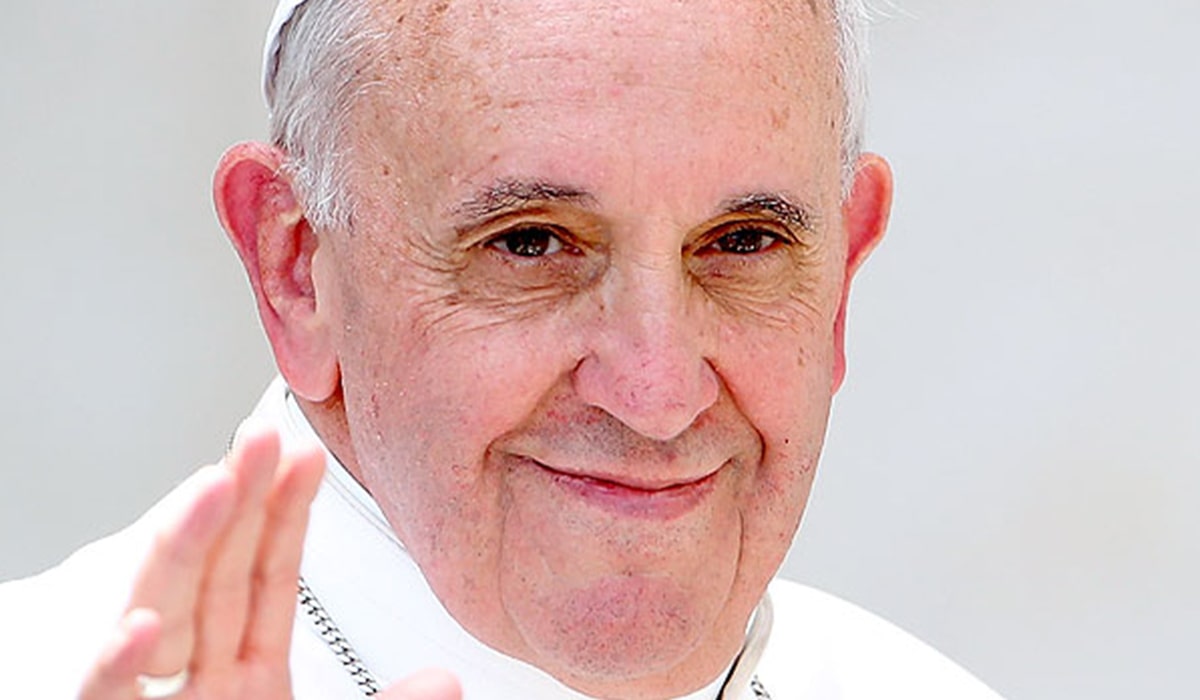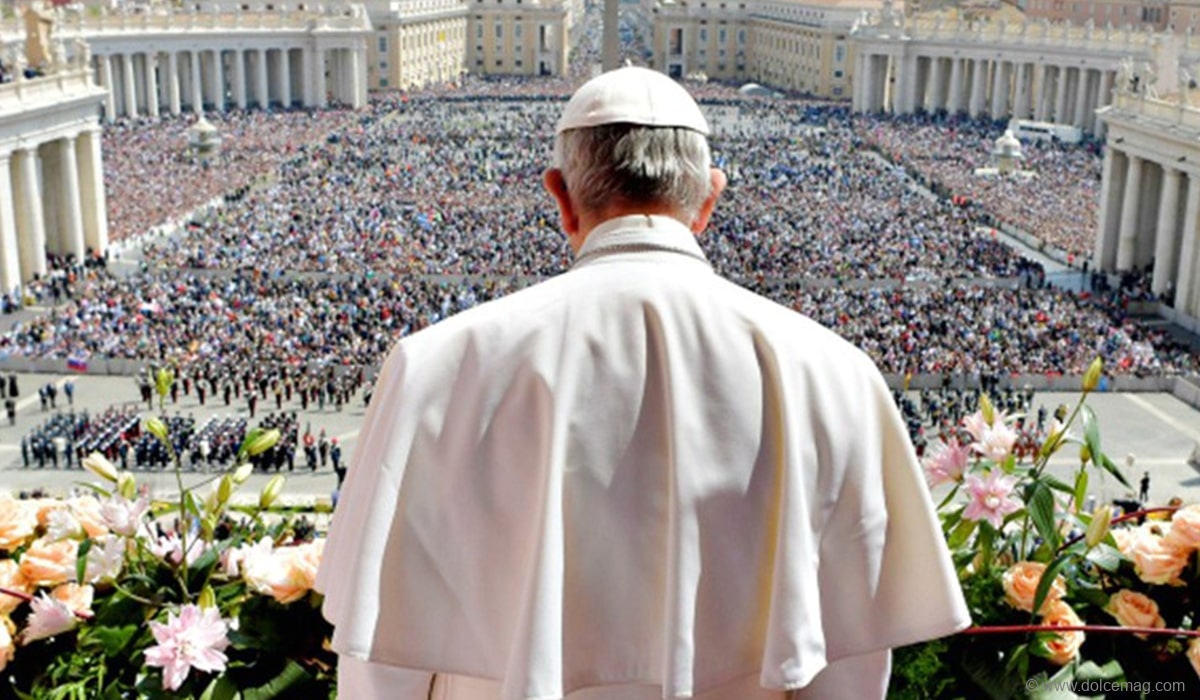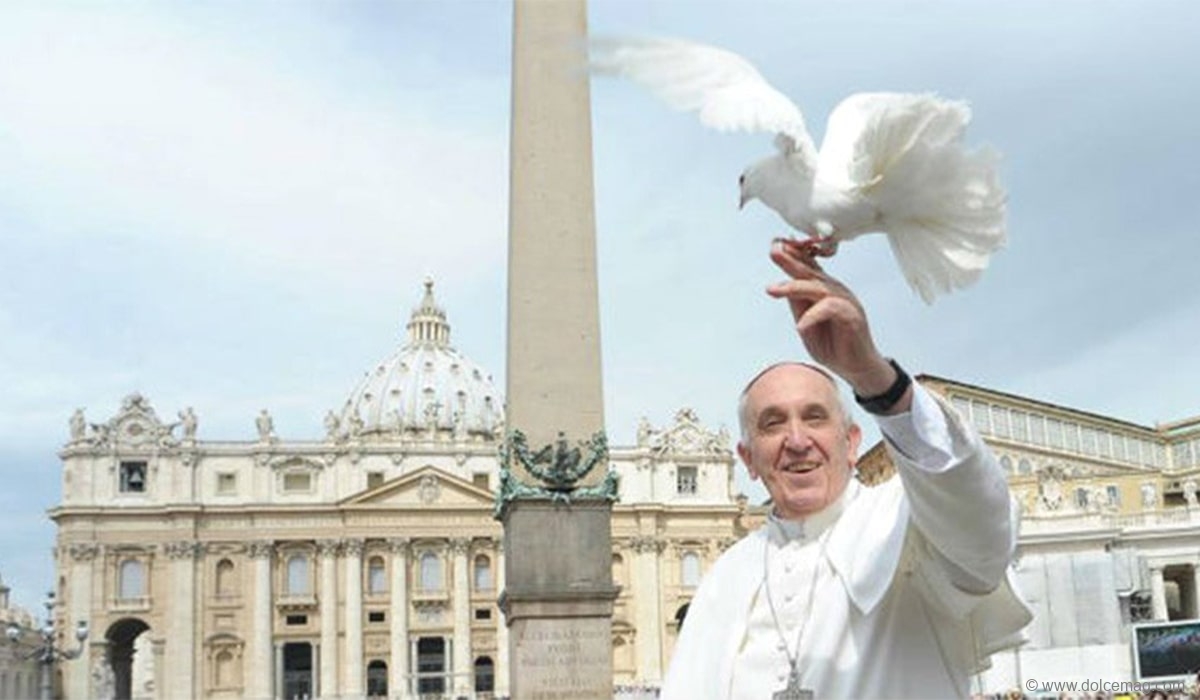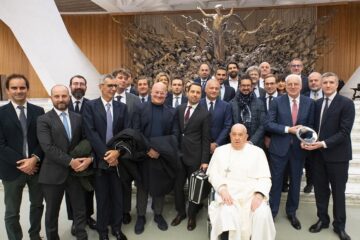The Passing Of The People’s Pope
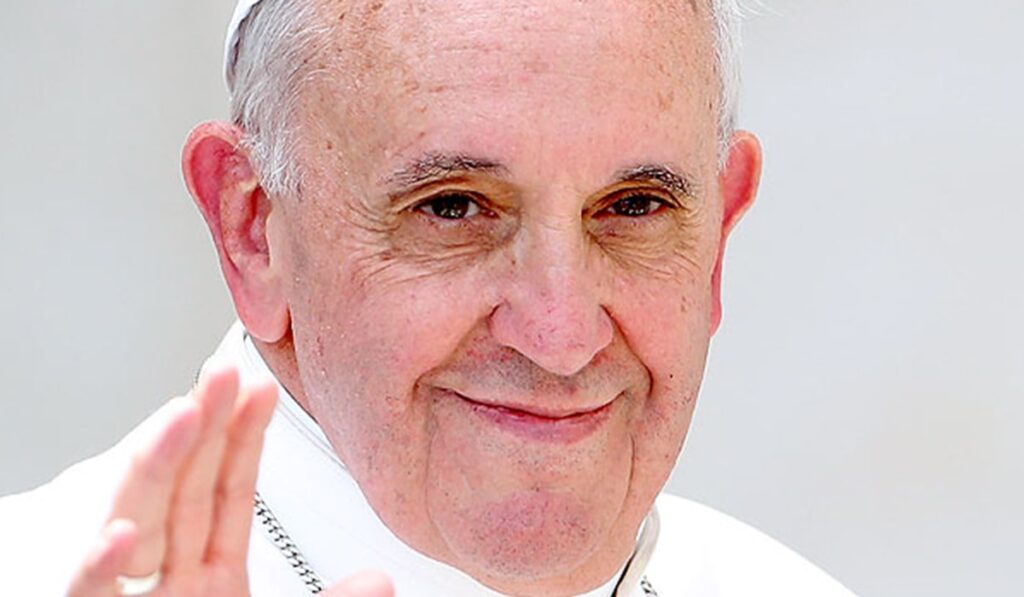
The world mourns the loss of a compassionate guiding light.
As the Archbishop of Buenos Aires, he took the bus to work. He refused the trappings of a Pope and chose to live in a simple apartment instead of the grandiose Papal Residence at The Vatican, where he sometimes cooked his own meals. A member of his famed Swiss Guard was tasked with slipping him the scores every week so he could keep up with his beloved football in his native Argentina.
When Pope Francis died on April 21 at the age of 88, the world not only lost a global spiritual leader, but a humble man of the people. In an increasingly troubled world of conflict and chaos, his voice of peace, love, dignity and compassion will be deeply missed by not only the world’s 1.4 billion Roman Catholics, but by the citizens of the world.
“With his visit to Canada and apology to Indigenous Peoples on residential schools, His Holiness heard from survivors and their descendants about that system’s legacy of searing and enduring pain and met it with an important step of accountability and healing on the shared path toward reconciliation,” said Canadian Prime Minister Mark Carney upon his passing. “He extended his papacy to the furthest margins, always attentive to the poor and most vulnerable, as in all aspects of his lifelong service. Pope Francis leaves a spiritual and ethical legacy that will shape our collective conscience for generations to come. May we honour his memory by continuing to work for a world that reflects the solidarity, justice and sustainability that he so powerfully embodied.”
The common thematic in tributes from Kings, Queens, Presidents and other world leaders was to speak to Pope Francis’ genuine good and simplicity in both his actions and his words. In the United States, President Trump ordered all American flags shall be flown at half-staff at all public buildings and military facilities around the world.
Born in 1936 in Buenos Aires to Italian immigrant parents, Jorge Mario Bergoglio studied to be a chemist prior to being called to the church, where he entered the Jesuit order in 1958 and in 1969 was ordained as a priest. Following his ascension as Archbishop of Buenos Aires in 1998, Pope John Paul II appointed him a Cardinal in 2001.
When Pope Benedict announced his surprise resignation, Cardinal Bergoglio did not actively campaign for the top job, saying he “wished to avoid the guillotine”. However, after six ballots, he was elected the 266th Pope and the first Latin American pontiff on March 13, 2013.
From the moment of his election, it was clear his was going to be a different papacy. He chose the name Francis after Saint Francis of Assisi, the beloved saint known for his life of poverty, peace and love for all creation. In his first appearance on the balcony of St. Peter’s, he greeted the multitudes with a simple, “Buona Sera” (Good evening), before asking the crowd to pray for him.
In his 12 years of service, Pope Francis travelled extensively, visiting 69 countries in spreading his message of peace, love and compassion. In addition to landmark and important apologies to Indigenous peoples around the world, he addressed accusations of sexual abuse within the Catholic Church, was the first Pope to speak about climate change and, in a memorable moment, when asked by journalists travelling with him about his position on the LGBTQ community, he famously replied, “Who am I to judge?”
Now, 135 eligible Cardinals will gather in Rome, and the world will, once again, await the white smoke rising from the chimney over the Sistine Chapel signalling the election of the 267th Bishop of Rome, while remembering with deep affection Pope Francis and his papacy of love, compassion, simplicity and reform.











































































